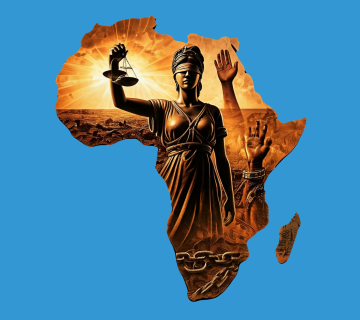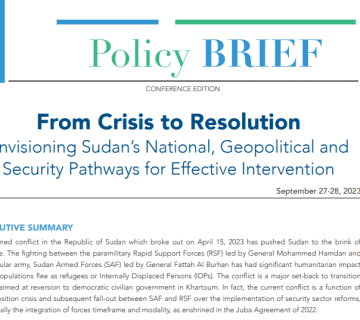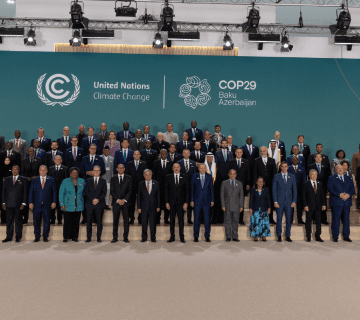Since early March 2020, countries in the Horn of Africa have reported a burgeoning caseload of the novel coronavirus (COVID-19). This has prompted governments in the region to react to the pandemic by activating several containment measures including travel restrictions, declaring national states of emergency, instituting lockdowns and curfew hours, issuing directives on social (physical) distancing and maintaining hand hygiene as well as enhancing fiscal measures to cushion against the economic impacts of the contagion, besides ramping up public health capacity for surveillance, prevention, diagnosis, treatment and control of the contagion.
However, it is important to note that COVID-19 pandemic also bear significant peace and security ramifications, which might become overshadowed as government agencies reorder their priorities to focus on health and economic burdens of COVID-19. Relevant authorities and policy makers need to pay keen attention to the potential secondary political and security implications that the ongoing pandemic may cause, and which might undermine effective response toward combating the disease or in the worst scenario reverse the gains made thus far. In this regard, it is imperative that governments as well as regional bodies including IGAD and the African Union (AU) design and implement strategies that take a whole-of-society approach in tackling the socio-economic, political and health impact of COVID-19.



